Ask AI on The Internet
Question: (B) Independent Station: The Hero’s Journey What are the attributes of the different types of heroes? How are they similar? How are they different? What are the stages of the Hero’s Journey? Why is each stage important? Create a Hero’s Journey graphic organizer for your favorite movie or book. (C) Historical Background Station: Anglo-Saxon Who Were the Anglo Saxons? What are some of the values that were important to the Anglo Saxon culture? What is the Mead Hall? Why is the Mead Hall important in the Anglo-Saxon culture? (D) Connection Station: Modern Day Hero Connection List 3 characters from TV, Movies, or Books that defend others. Why do these people take this action(selfish or selfless)? Think of your own life. Have you ever taken action to defend the helpless? Why did you choose to take action?
Sure! Let's break down each of the stations one by one: ### (B) Independent Station: The Hero’s Journey #### Attributes of Different Types of Heroes - **Classical Hero:** Often has noble birth, possesses great courage, and demonstrates humility. Example: Odysseus from Greek mythology. - **Everyday Hero:** An ordinary person who performs extraordinary acts of kindness and bravery. Example: Harry Potter from the "Harry Potter" series. - **Tragic Hero:** A hero with a fatal flaw that leads to their downfall. Example: Macbeth from Shakespeare's "Macbeth." - **Epic Hero:** Characterized by grand quests, superhuman abilities, and fighting for a cause greater than themselves. Example: Beowulf from the epic "Beowulf." - **Anti-Hero:** Lacks conventional heroic qualities but achieves heroic outcomes through unconventional methods. Example: Deadpool from Marvel Comics. #### Similarities and Differences - **Similarities:** All types of heroes typically embody courage, face significant obstacles, and undergo personal growth or transformation during their journey. - **Differences:** Their motivations, methods, and character arcs differ. For instance, a classical hero often follows a moral code, while an anti-hero may resort to morally ambiguous actions. #### Stages of the Hero’s Journey 1. **Ordinary World:** The hero's normal life before the adventure begins. 2. **Call to Adventure:** The hero is invited to leave their ordinary world. 3. **Refusal of the Call:** The hero initially hesitates to accept the challenge. 4. **Meeting the Mentor:** The hero encounters a mentor who provides guidance. 5. **Crossing the Threshold:** The hero leaves the ordinary world and enters a new, unknown world. 6. **Tests, Allies, Enemies:** The hero faces challenges, meets allies, and confronts enemies. 7. **Approach to the Inmost Cave:** The hero approaches a major challenge or crisis. 8. **Ordeal:** The hero faces their greatest challenge yet. 9. **Reward (Seizing the Sword):** The hero succeeds and attains a reward. 10. **The Road Back:** The hero begins their journey back to the ordinary world. 11. **Resurrection:** The climax where the hero is tested once more. 12. **Return with the Elixir:** The hero brings back a boon or knowledge to their ordinary world. #### Importance of Each Stage Each stage is critical for the hero's development and the storytelling arc. It guides the hero through growth, trials, learning, and eventual transformation, providing a structure that resonates with audiences. #### Hero’s Journey Graphic Organizer For your favorite movie or book, you can create a graphic organizer that outlines the stages of the Hero’s Journey as it applies to the main character. For example, if you choose "The Lord of the Rings," you might chart Frodo's journey. --- ### (C) Historical Background Station: Anglo-Saxon #### Who Were the Anglo-Saxons? The Anglo-Saxons were a group of tribes from what is now Germany, Denmark, and the Netherlands that settled in England around the 5th century after the fall of the Roman Empire. They formed the foundation of early English culture and society. #### Important Values in Anglo-Saxon Culture - **Bravery and Heroism:** Valued deeds and warriors who showed great courage. - **Loyalty:** Loyalty to one's lord, family, and tribe was paramount. - **Honor:** Maintaining one's honor and reputation was crucial. - **Generosity:** Leaders often showed generosity to their followers. #### What is the Mead Hall? The Mead Hall was a large hall where warriors would gather to eat, drink, and celebrate. It was central to Anglo-Saxon social life and culture. #### Importance of the Mead Hall - **Social Hub:** It served as the main social center where people gathered. - **Symbol of Power:** The Mead Hall symbolized the lord's power and ability to provide for his warriors. - **Safety and Community:** It provided safety and a sense of community. --- ### (D) Connection Station: Modern Day Hero Connection #### List of Characters 1. **Batman (DC Comics)** 2. **Katniss Everdeen (The Hunger Games)** 3. **Jon Snow (Game of Thrones)** #### Motivation for Their Actions - **Batman:** Often seen as both selfless and selfish. He defends Gotham out of a sense of responsibility and personal trauma. - **Katniss Everdeen:** Selfless; she volunteers to protect her sister and later fights for the freedom of the oppressed. - **Jon Snow:** Selfless; he defends the North and fights because he believes in justice and protecting the innocent. #### Your Own Experiences Reflect on a time you stood up for someone who needed help. What motivated you? Was it a sense of duty, empathy, or personal values? Describe the situation and why it was meaningful to you. By exploring these questions and creating your graphic organizer, you'll gain a deeper understanding of heroism and its universal presence across different cultures and narratives.
Think your answer is better than the AI's? Post it below.
Other Most Relevant Posts:
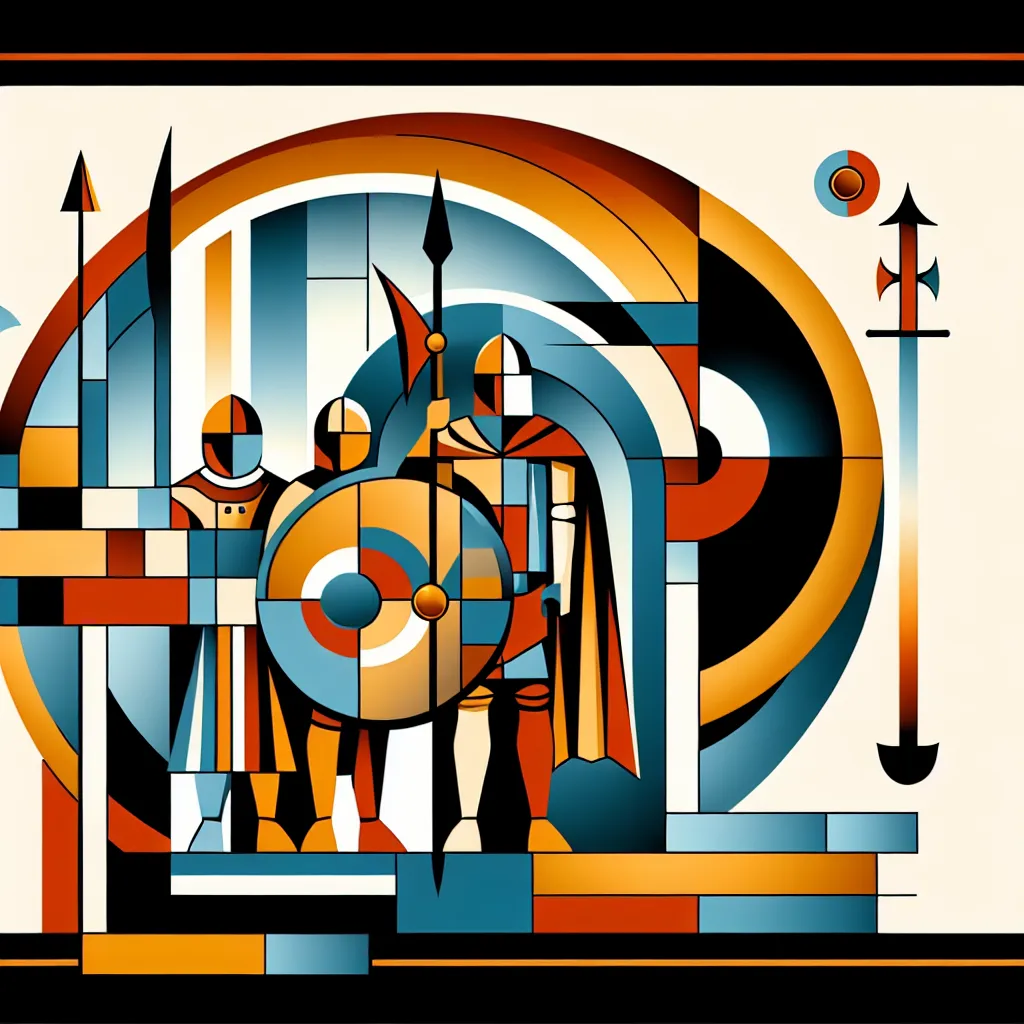 1. Exploring Hero Archetypes and Stages
2. The Hero's Journey: Archetypes and Stages
3. Harry Potter and the Hero's Journey
4. The Anglo-Saxons: Culture and Influence
5. The Mead Hall: Symbol of
1. Exploring Hero Archetypes and Stages
2. The Hero's Journey: Archetypes and Stages
3. Harry Potter and the Hero's Journey
4. The Anglo-Saxons: Culture and Influence
5. The Mead Hall: Symbol of
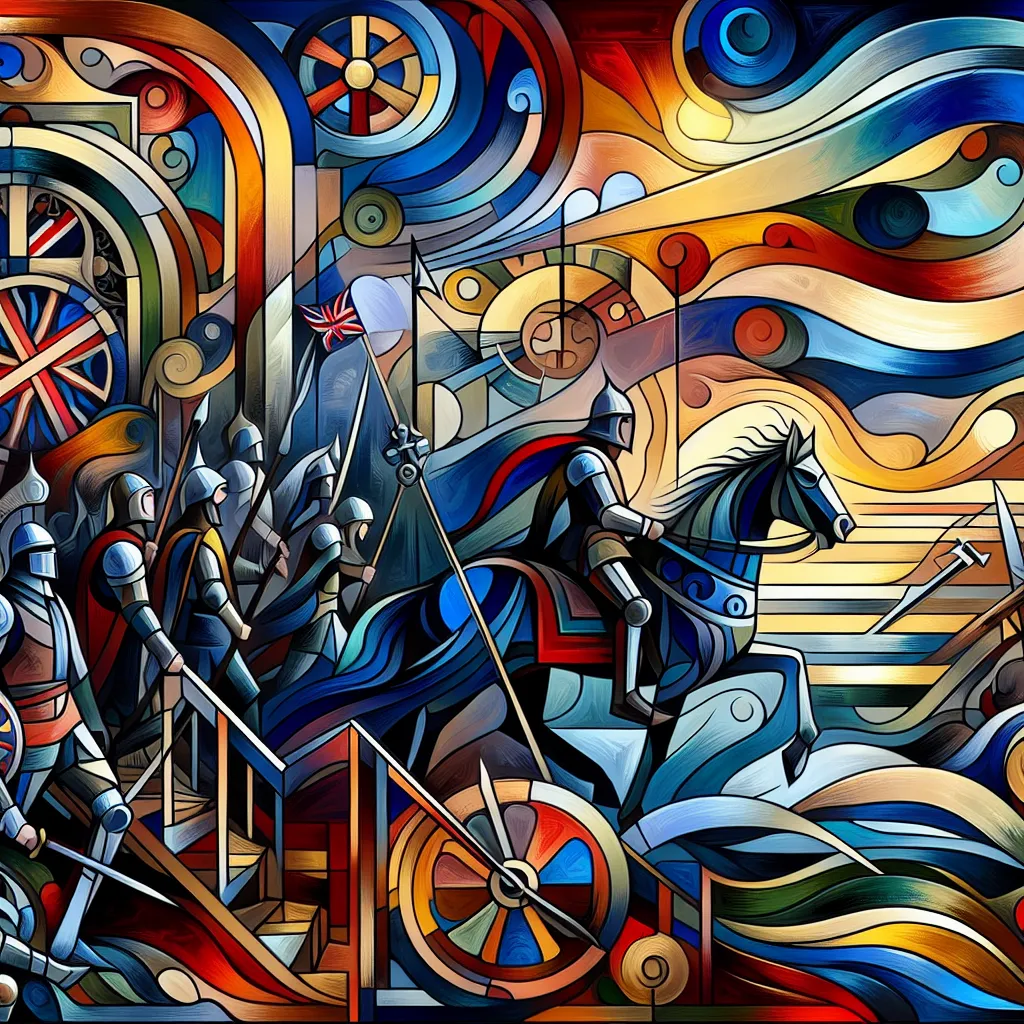 1. Hero Types: Reluctant, Tragic, Anti, Mentor
2. Stages of Hero's Journey: Ordinary World, Call to Adventure, Refusal, Meeting the Mentor, Crossing Threshold, Tests & Allies, Approaching Inmost
1. Hero Types: Reluctant, Tragic, Anti, Mentor
2. Stages of Hero's Journey: Ordinary World, Call to Adventure, Refusal, Meeting the Mentor, Crossing Threshold, Tests & Allies, Approaching Inmost
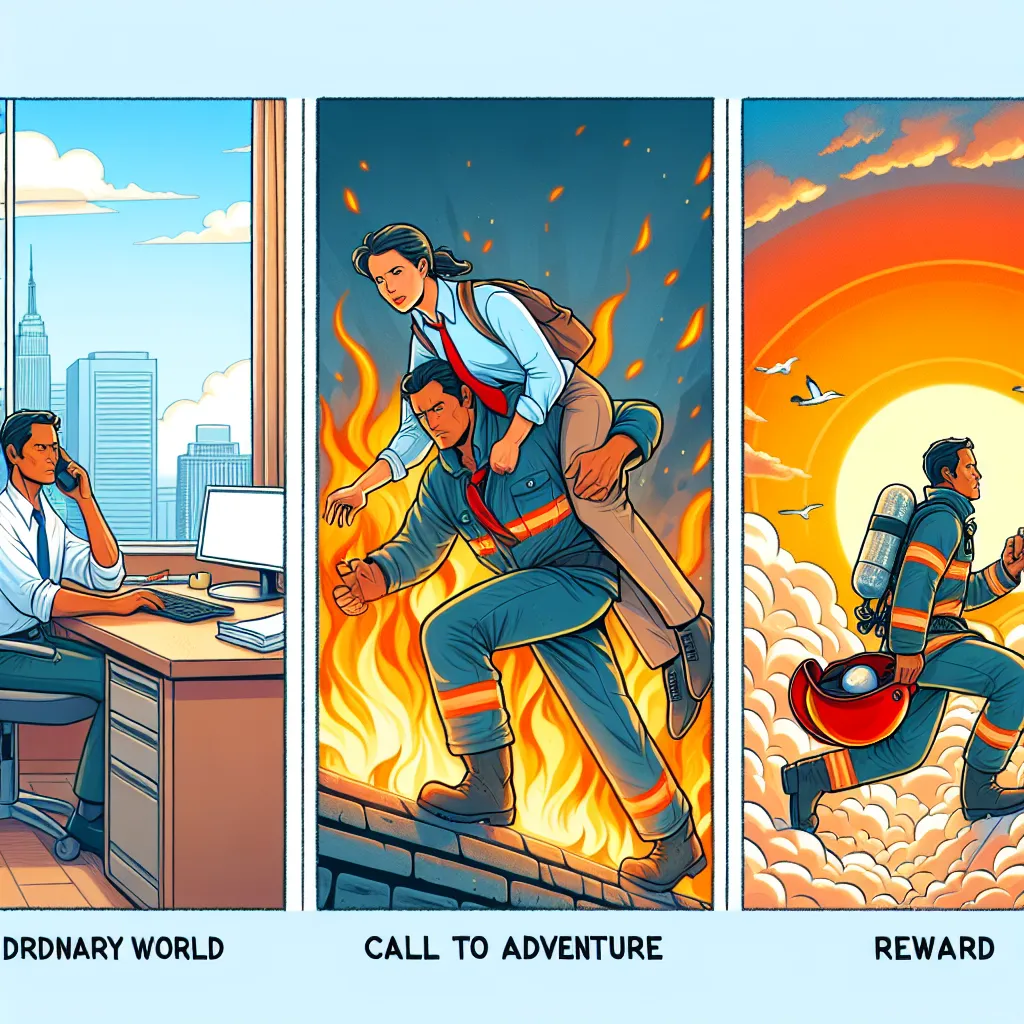 (B) Independent Station: The Hero’s Journey:
- Exploring Hero Attributes: Similarities and Differences
- Key Stages of the Hero's Journey and Their Significance
- Analyzing My Favorite Story: He
(B) Independent Station: The Hero’s Journey:
- Exploring Hero Attributes: Similarities and Differences
- Key Stages of the Hero's Journey and Their Significance
- Analyzing My Favorite Story: He
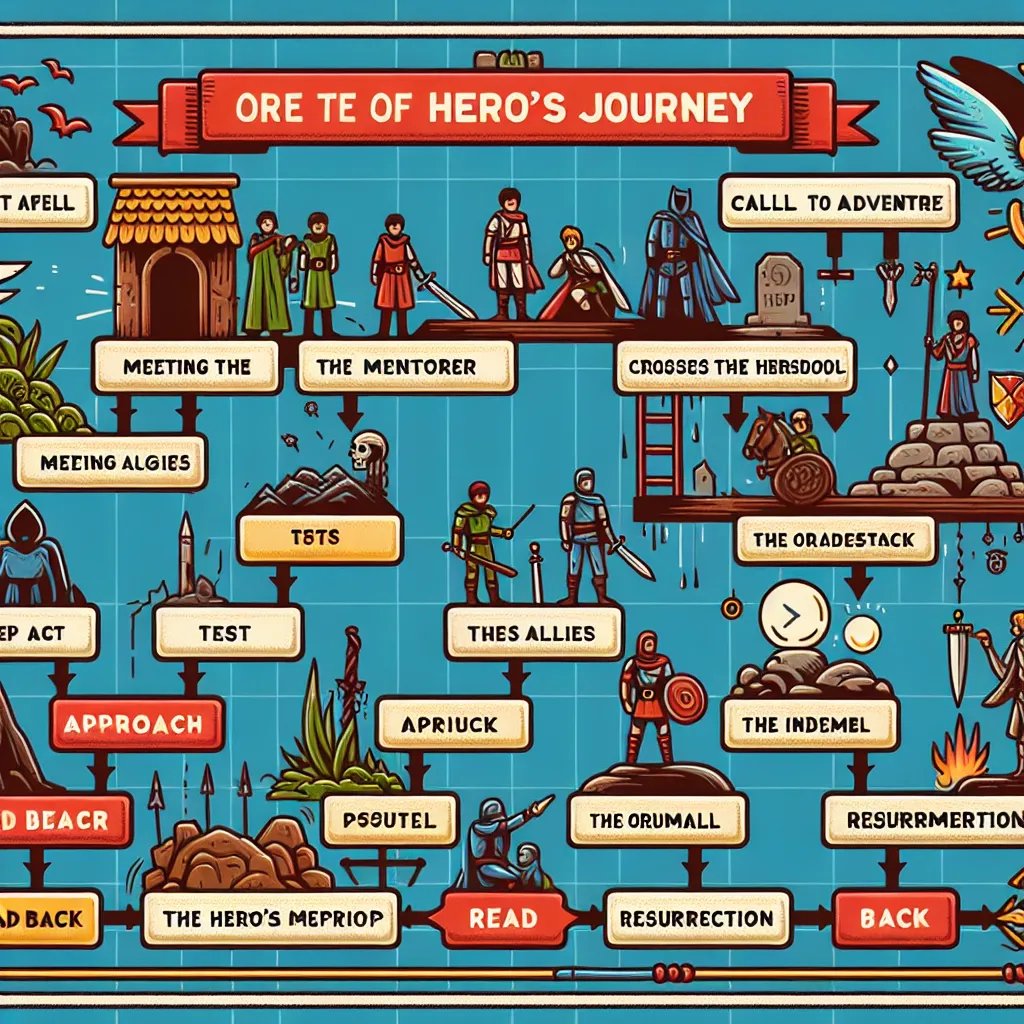 ### Station (B): Heroes Unveiled
### Station (C): Unraveling the Anglo-Saxon Legacy
### Station (D): Defending the Vulnerable: Heroes Among Us
### Station (B): Heroes Unveiled
### Station (C): Unraveling the Anglo-Saxon Legacy
### Station (D): Defending the Vulnerable: Heroes Among Us
Question Tags
If you want your question answered by an AI, click here.
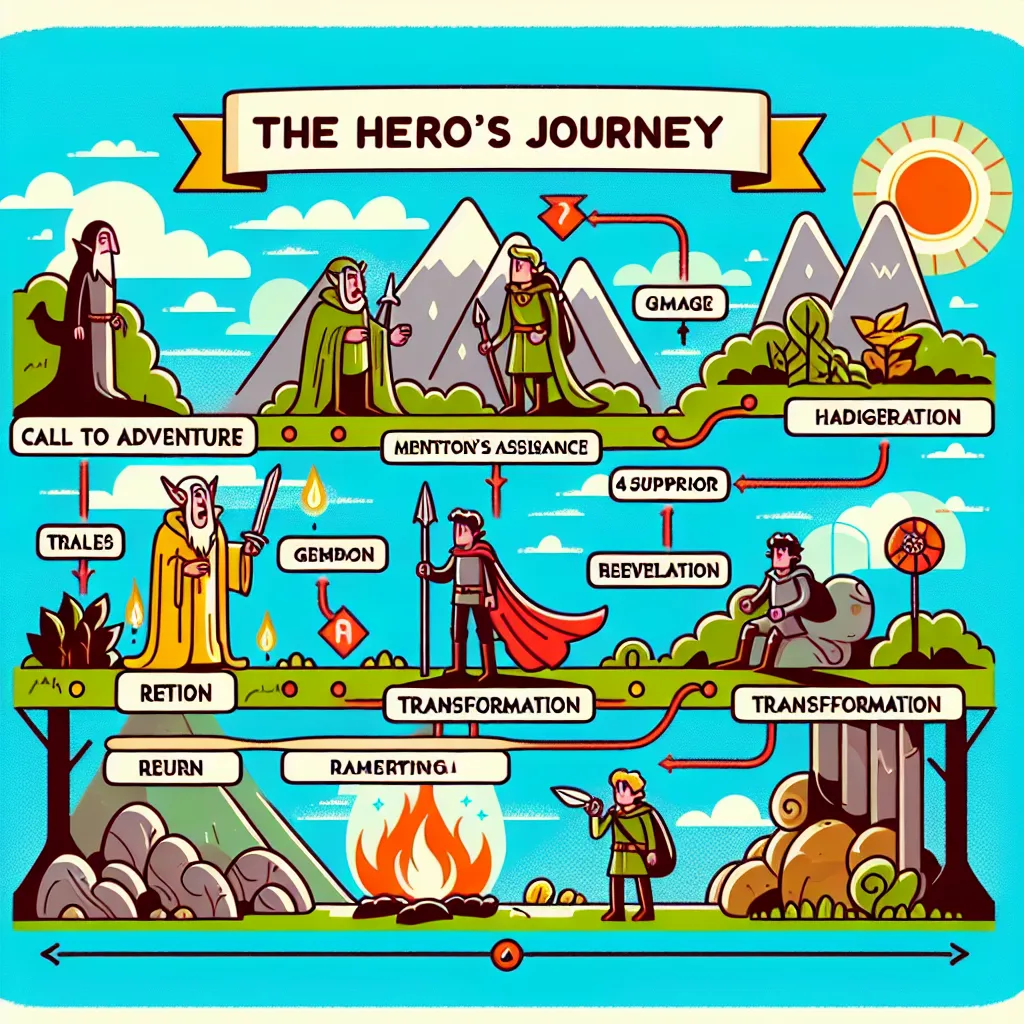

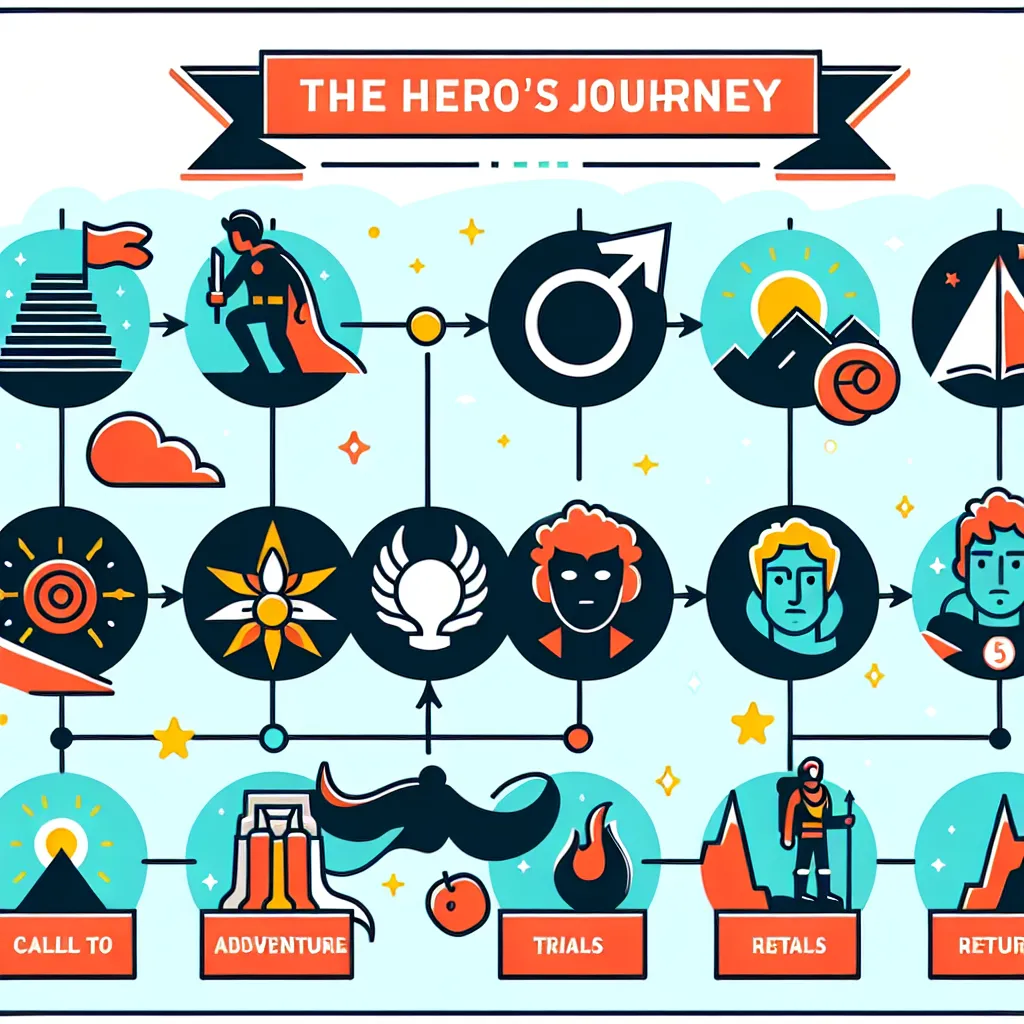
Post your own comment: